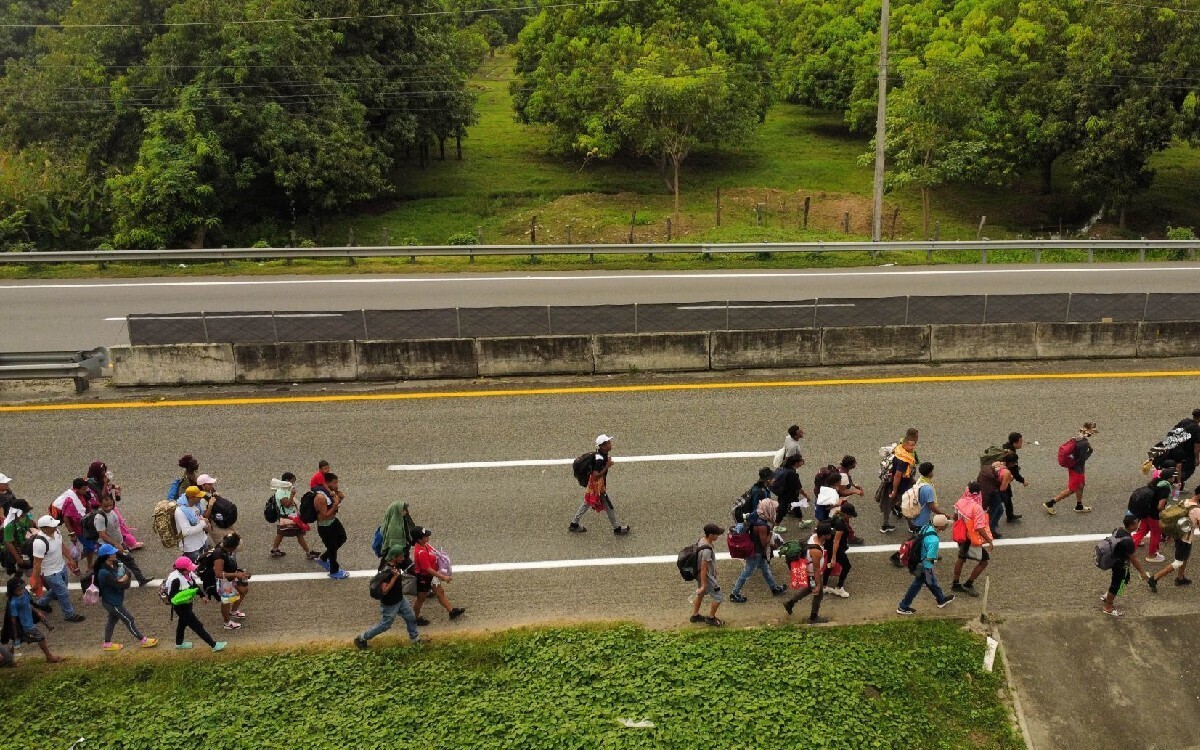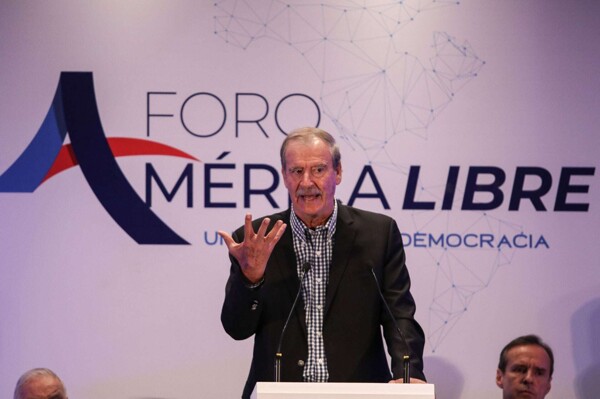
The Government of Mexico reported that, since the beginning of Donald Trump's administration on January 20, it has received a total of 13,455 deported individuals, of which 10,485 are Mexicans and 2,970 are foreigners. President Claudia Sheinbaum specified this information during a morning press conference.
In previous statements, the president had announced that her government had received 10,964 deported migrants since Trump's inauguration, of which 2,539 were not of Mexican nationality. Sheinbaum also mentioned that the U.S. Secretary of State, Marco Rubio, had reached agreements for the "repatriation" of individuals from the United States to several Central American countries.
Despite the agreements made, the Mexican Government receives individuals who are not of Mexican nationality for humanitarian reasons. These individuals have the option to decide whether they wish to stay in Mexico or return to their countries of origin voluntarily, thus defining their conditions of stay.
Additionally, it was highlighted that the Mexican Institute of Social Security has issued 391 social security numbers for nationals, and around 500 job placements have been facilitated for Mexicans returning from the United States, thanks to a joint program of the Government and the private sector. This situation raises concerns in Mexico due to the representation of Mexicans among the 11 million undocumented individuals in the U.S. and the significant impact of remittances on the Mexican economy.
Remittances, which represent about 4% of Mexico's Gross Domestic Product and reached a record of nearly $65 billion in 2024, are fundamental to the country's economy. Concern arises over the possibility of mass deportations promised by Trump and the potential impact this could have on the Mexican community in the United States and the Mexican economy.














